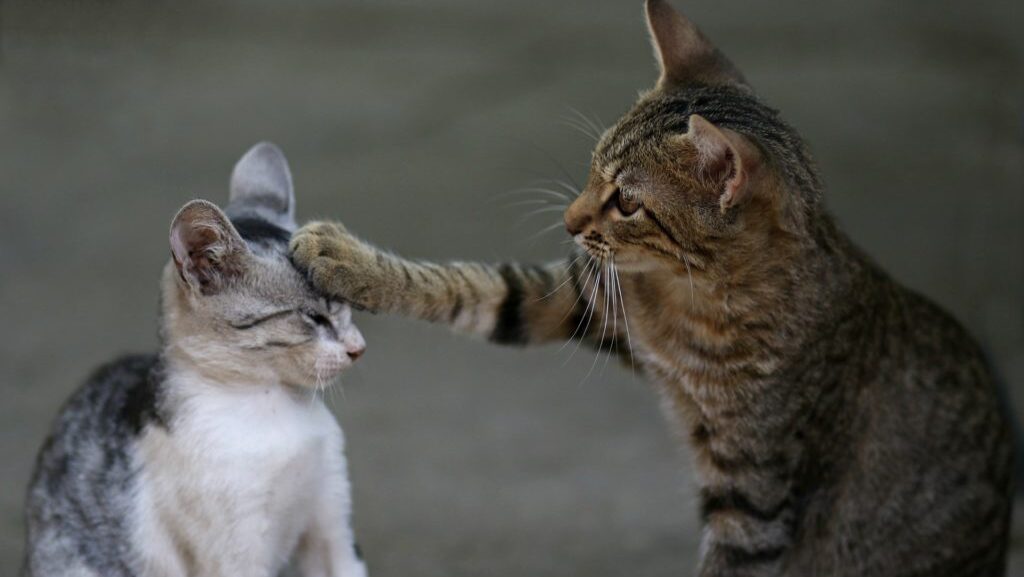I was recently having a conversation with a young man about his passion in certain sports. As we talked further it became very evident that he would only engage in activities in which he excelled. I inquired why that was so and he seemed taken aback by my question. It was nonsensical to him to play at a sport with which he wasn’t superlative. His protested, “what would be the point?” “To have fun,” was my quick retort. He stated that having fun at something he wasn’t good at would be an anomaly. How could he have fun if he were judging himself on his poor performance, he wondered? And perhaps more to the point, I wondered if he were truly having fun if he had to be so intent on the execution of his skills? His play became as challenging as taking a test at school. He had to be the best.
I have never been a top athlete, but have had immeasurable joy and treasured memories from the pure enjoyment of play. If while playing at a sport I were busily judging whether I were good enough to play, I’d never be present for the bliss of the experience. We all want to do well — and most of us want to be the best–that’s quite natural. But to refuse to participate because you’re not top tier is quite sad.
Interested in bespoke marriage and relationship counseling from Mel Schwartz? Reach out!
I see our culture inexorably moving in this direction, and it screams to me in alarm that we are heading into a very dysfunctional area. When high levels of performance become the goal, and simple playful pleasure is no longer desirable, let alone permissible, I fear that our society is falling into a pathological condition. A recent article in Scientific Mind suggests that the emotional and psychological well being of a person might well correlate with how much free play they had in their childhood. If this is valid, we are in deep trouble.
If you’re of a certain age, you might well recall the notion of free play. My friends and I used to have pick up games of baseball, basketball or football. They were spontaneously motivated. One kid’s inspiration led to a chain of phone calls and we all managed to meet at a ball field. The immediate concern was whether we had enough players. So the effort to round up sufficient people was inspired.There was a co-operative communal effort, which felt really satisfying. And of course, we tried real hard to have our team win. But nobody stayed home because they weren’t good enough. It was simple, unadulterated fun. And it taught us so much about social skills. No coaches, parents or organizations to dictate the rules. We had the opportunity to create them for ourselves. And we certainly benefited from that.
The current generation of children and adolescents are deprived of play. Their experience of what should be play becomes more work, as it is overorganized, scheduled and ultimately graded upon performance. The absence of play in a child’s life is somewhat cruel. In fact, it may be unintentionally abusive. To rob our children of being children, as we propel them toward the cultural edict of excellence needs some serious reconsideration.




